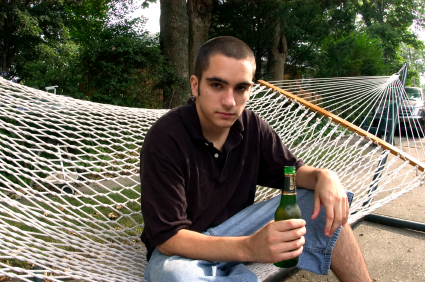Bipolar Disorder and Its Comorbidities in Youth
A symposium on bipolar disorder and its comorbidities in children and adolescents was held at the annual meeting of the American Academy of Child and Adolescent Psychiatry in 2011. The following findings were reported there.
ADHD
Researcher Janet Wozniak discussed the relationship of bipolar illness and attention deficit hyperactivity disorder (ADHD). Based on interviews of family members of children with bipolar illness alone, bipolar illness plus ADHD, ADHD alone, and controls, she concluded that bipolar illness occurred more often in families of children with bipolar illness with or without ADHD. Similarly, she showed that there was more ADHD in relatives of children with either ADHD alone or ADHD comorbid with bipolar illness. She concluded that the comorbidity of bipolar illness and ADHD is a unique subtype of bipolar disorder and requires further study.
Emotional Dysregulation and Substance Abuse
In another presentation, Tim Wilens indicated that those with bipolar disorder and emotional dysregulation had an 8- to 20-fold increased risk of having a substance abuse comorbidity with their bipolar disorder.
Substance Abuse Comorbidity
In a third presentation, Ben Goldstein reported that the onset of bipolar illness predates the onset of substance abuse in 60 to 83% of instances of comorbid illness. He emphasized the dramatic negative impact of comorbid substance use in children with bipolar disorder in terms of increasing legal entanglements, pregnancy, academic failure, suicide, and decreased compliance with medications. He reported that in the multi-site, National Institute of Mental Health (NIMH)-funded Course and Outcome of Bipolar Illness in Youth (COBY) study, the largest longitudinal study to date of youth with bipolar disorder, the risk of new onset substance abuse over the course of 4 years of follow-up was 32%. These data taken with the 15% of children who already had substance abuse at intake indicates that in this study approximately half of the children with bipolar illness had or acquired a substance abuse problem near the beginning of their illness. Two-thirds of the children in the study had abused both alcohol and cannabis. Read more


